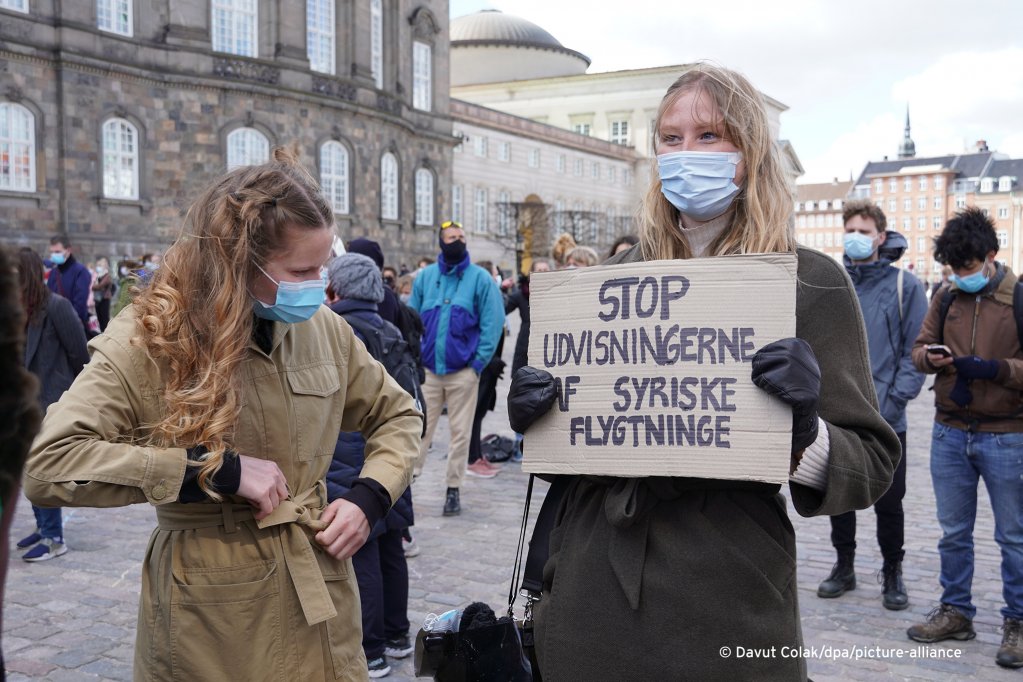Human Lives Human Rights: The Hong Kong government has passed the contentious Article 23 legislation, marking a pivotal moment in the city’s legal landscape. This legislation, a quarter-century in the making, holds profound implications for human rights and civil liberties, necessitating a closer examination of its key provisions.
Key Points:
- Historical Context: The genesis of Article 23 dates back to Hong Kong’s handover to China in 1997, with the Basic Law outlining provisions for national security legislation. Despite previous attempts, the passage of Article 23 was deferred following mass protests in 2003.
- Expanded Definition of National Security: Modeled after mainland China, the law’s definition of “national security” encompasses a broad spectrum of state interests, granting authorities sweeping powers.
- Curtailed Foreign Interaction: The law criminalizes collaboration with external entities, posing significant risks for individuals engaging in international discourse or partnerships.
- Heightened Sedition Charges: The legislation strengthens sedition laws, increasing potential penalties and expanding the scope to suppress dissenting voices critical of the government.
- Mandatory Reporting Requirements: Citizens face harsh penalties for failing to report suspected treason, fostering a climate of surveillance and fear within communities.
- Enhanced Police Authority: Police are granted extended detention powers and restrictions on detainees’ legal rights, raising concerns about due process and fair treatment.
- Executive Legislative Power: The Chief Executive gains unilateral authority to enact subsidiary legislation, further concentrating power within the executive branch.
- Extraterritorial Punitive Measures: The law empowers authorities to target individuals abroad, threatening diaspora communities and activists critical of the government.
- Ambiguous Technological Offenses: A new offense targeting technology-related activities lacks clarity, potentially enabling arbitrary enforcement and abuse.
- Suppressed Opposition: Enacted in a climate of stifled dissent, the law reflects the government’s ability to advance contentious legislation amid diminished opposition voices.
As Hong Kong grapples with the ramifications of Article 23, concerns mount over its implications for fundamental rights and freedoms, underscoring the urgent need for international scrutiny and advocacy in safeguarding human rights in the city.


















